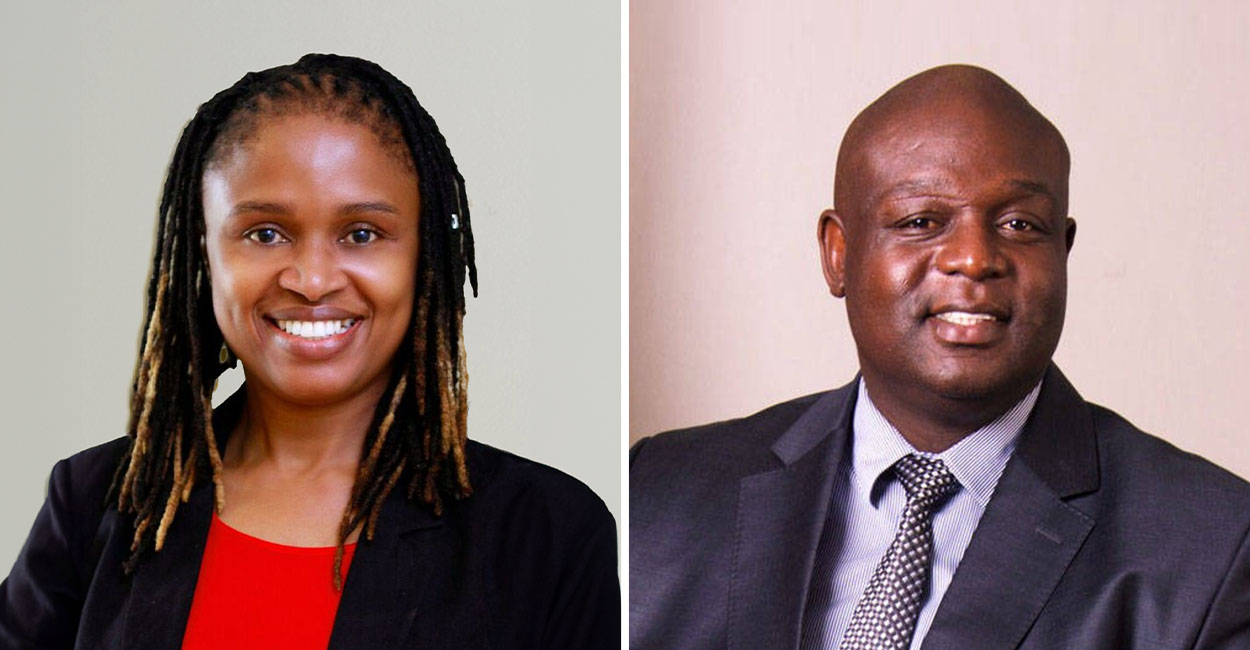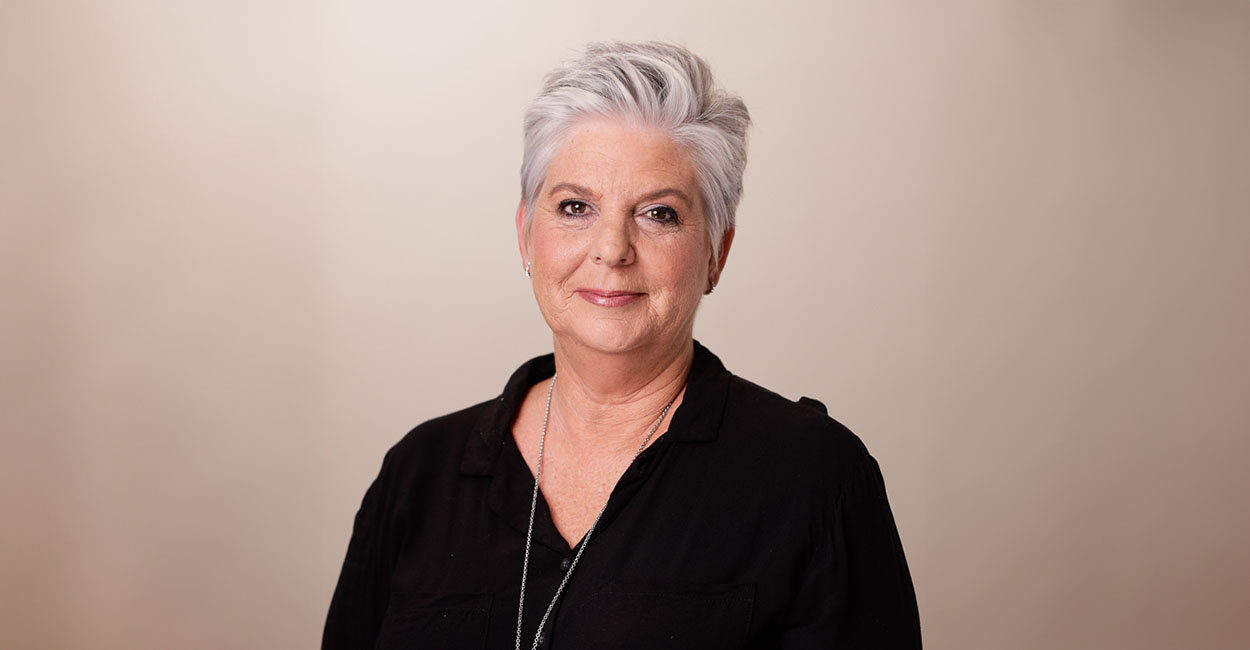MAIN IMAGE: Grant Smee, Managing Director: Frankie Bells; Basil Moraitis, regional head: Pam Golding, Western Cape
Danie Keet
The recent interest rate hikes and rising inflation in South Africa may have deterred some would-be homebuyers, but the luxury property market remains surprisingly resilient despite the economic pressure. This is a field of the industry where property practitioners can benefit hugely from successful sales and build a powerful reputation.
A further advantage for practitioners operating in this market segment is, that it is ‘immune’ to the knock-on effects of the COVID-19 pandemic. Lightstone data indicates that in 2021 (a year in which many COVID-restrictions remained in place), 984 homes valued at over R10 million were sold in South Africa – the highest number in recent years.
“South Africa has always been a country of drastic economic contrasts and it is unsurprising that ultra-wealthy buyers are continuing to exercise their spending power by investing in the luxury property market,” says Grant Smee, Managing Director of luxury property specialists Frankie Bells, a division of Only Realty Property Group. Luxury properties are those priced at R3 million and above.
As further evidence of the strong position of this portion of the market, the FNB Property Barometer for July 2022 included an estate agents survey that asked sellers their reasons for selling. The survey found that in the R2.6 million to R3.6 million property price bracket, 12% of respondents cited upgrading as their reason for selling. While downscaling due to financial pressure accounted for just 8% of the responses received.
Luxury buyers
It is important for property practitioners to note that international buyers are significant contributors to the activity in the highest-priced property range in South Africa, particularly in Cape Town’s Atlantic Seaboard where an estimated 20% of all luxury property transactions are sales to foreign buyers.
“Foreign buyers enjoy South Africa for its natural beauty and generally temperate winter climate in comparison to the snowy Northern Hemisphere,” says Smee. “They are in search of homes that boast exceptional views, high-end design, extensive security measures and proximity to breath-taking attractions.”
“While in the past we saw buyers prioritising convenience, we are now seeing a trend towards prioritising space and lifestyle in their search for luxury property,” says Smee. “This shift began with the onset of the COVID-19 pandemic and the rise of remote work, as many top-earners are now no longer required to be in the office every day.”
Basil Moraitis, regional head for Pam Golding in the Western Cape said it is well documented that the luxury market on the Atlantic Seaboard peaked in the summer of 2017, with the years that followed seeing consolidation in pricing.
However, Covid acted as a significant disruptor and reset expectations, especially at the top-end of the market. During the following two years we saw a significant increase in demand for luxury property as buyers reconsidered their priorities following the pandemic and actively looked for sought-after lifestyle properties.
“This has resulted in a reduction of properties for sale in this segment, which is actively driving pricing expectations and resulting in competitive offers by buyers at the top-end. Notably, this is the first time I’ve seen this in the Clifton market,” Moraitis said.
“An excellent example of this trend is the Camps Bay market which had a median selling price of R10 million for full title property in 2020. This increased to R12.2 million in 2021 and to R15.2 million for the first four months of this year.”
Moraitis said the buoyant trend in the luxury market is evident across all top-end suburbs throughout the Cape Metro from the Atlantic Seaboard extending into the Southern Suburbs and the South Peninsula.
Here luxury property market is booming:
Gauteng: Midrand’s Kyalami Estates, Waterfall Estate, Serengeti Estate, Eagle Canyon Estate, Southdowns Estate and Blair Atholl Estate, Hyde Park, Sandhurst, Bryanston, Westcliff, Parkwood and Saxonwold
Western Cape: Cape Town, Franschhoek, Stellenbosch, Hermanus, Plettenberg Bay and Knysna Clifton, Camps Bay, Bantry Bay, Mouille Point and the V&A Waterfront, as well as Constantia and Bishopscourt in the Southern Suburbs and Simonstown, Stellenbosch, Paarl, Garden Route, amongst others.
Kwa-Zulu Natal: Umhlanga and Ballito Mount Edgecombe Estate, Cotswold Downs, Zimbali and Simbithi Eco-Estate
The Western Cape leads the luxury property market in South Africa by boasting some of the most expensive real estate in the country, including a home on sale for R172,5 million in Clifton.
“Cape Town is currently the city of choice for buyers in all price brackets and the luxury property segment is no exception. A lack of supply in the most desirable neighbourhoods has driven up prices, with wealthy buyers willing to sacrifice square footage for ocean views and proximity to beaches,” says Smee.
“Lifestyle is the key consideration for these high-end buyers of luxury property. Securing a unique property, be it an apartment on the beach, penthouse, or exceptional view property, is the main consideration, and in many instances, Covid accelerated buyers’ long-term plans.
“There is no doubt that South Africa offers outstanding value, with comparable properties in other sought-after destinations often priced at multiples of what you pay here. The increasing international demand underscores this trend,” Moraitis said.








